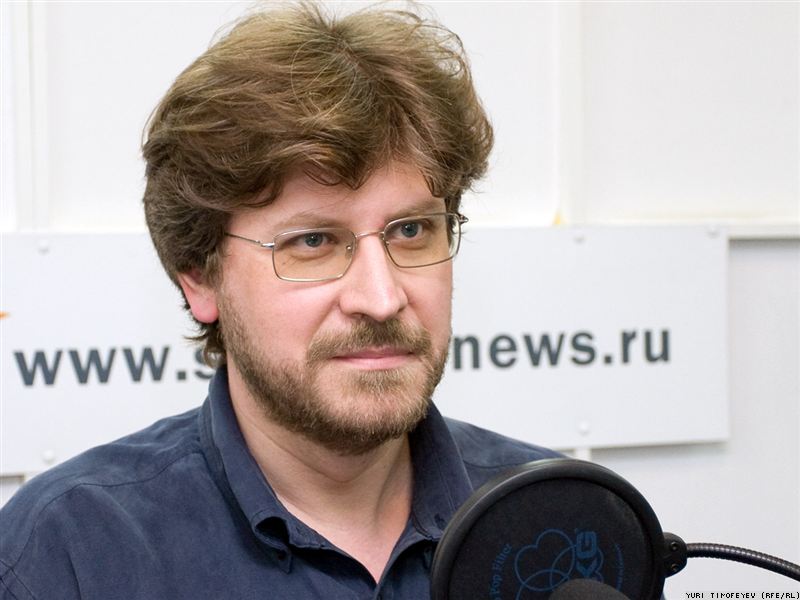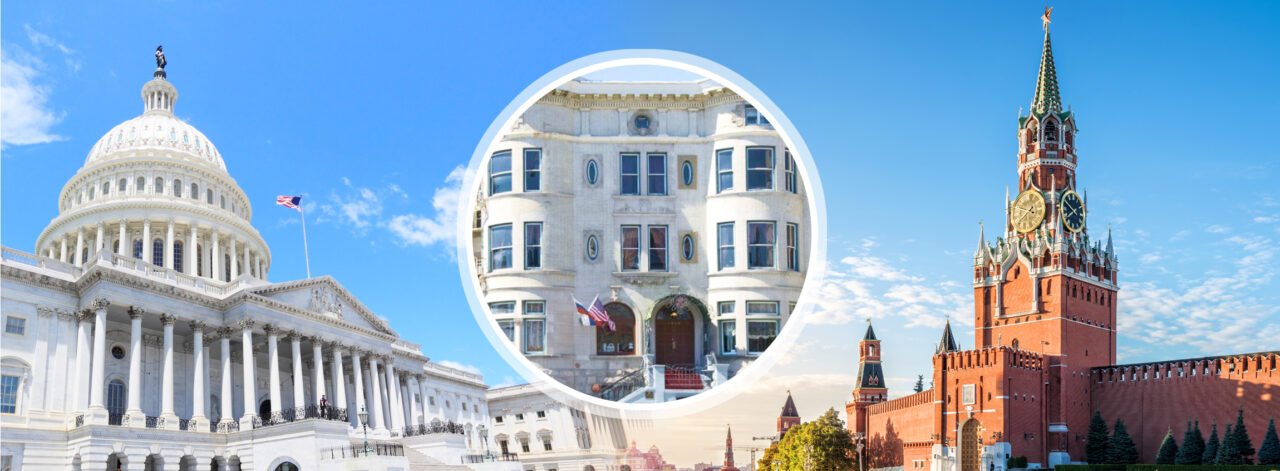
Published 16-07-2013, 16:52
Fyodor Lukyanov
Fyodor Lukyanov is chairman of the Russian council on foreign and defence policy, Editor–in–Chief of Russia in Global Affairs magazine (since 2002). Member of the Valdai Discussion Club.
"There is a wealth of choice, but no other alternative.” This tag line was extremely popular in the early 1990s, although no one is likely now to remember what the Alternativa research and production association produced. But it was a good line, and Edward Snowden could have used it to open his meeting with human rights champions, during which he announced his intention to ask for temporary political asylum in Russia.
There are many explanations for his failure to get to Latin America, including the risks involved. But the bottom line is that Russia has turned out to be the only country where the National Security Agency (NSA) whistleblower can settle down for a while and feel safe.
What has become of the world if there are no other alternatives? This is quite another matter. The point at issue is that this situation has cast a new light on and has become a major element of US-Russian relations. After Snowden requested asylum in Russia, the two presidents decided to discuss the situation.
Extradite or grant asylum?
The atmosphere of US-Russian relations has been complex and erratic, but crises are nothing new. The strange part is that this time neither side is seeking to fuel a conflict. Snowden landed in Russia out of the proverbial blue, creating a situation without a clear way out.
The Russian authorities obviously never intended to extradite him to the United States. Opinions may differ, but Snowden did take a socially important step toward a common good as he understands it, and his extradition to a country where he may be punished severely for what he did would greatly undermine Russia’s prestige around the world.
Furthermore, if we imagine the inverse situation, with a Russian analogue of Snowden landing in a similar situation in the United States, asking for his extradition would be out of the question.
Russia would prefer the NSA whistleblower to remain a transit passenger on his way to a third country, especially since several governments have announced, even if not very enthusiastically, that they could grant him asylum. But Washington has taken a step that has deadlocked the situation.
Transportation problem
Washington canceled Snowden’s passport while he was in Russia, which has created a bureaucratic problem because he now has no travel documents.
The incident with Bolivian President Evo Morales’s plane, which had to land in Austria on July 2 after France, Portugal, Italy and Spain denied it the right to fly through their airspace, contrary to all international norms, and attempted to search it on suspicion that Snowden was on board, showed that Washington was ready to go very far to get revenge on a traitor.
This has compounded Snowden’s passport problem and has seriously unnerved him.
Had Snowden left for Venezuela or Bolivia, the situation would have been straightened out. He would have settled in one of the most anti-American countries that are relatively harmless to Washington, and the problem would have quickly tapered off.
Indeed, who remembered Julian Assange before the NSA whistleblower shocked the world with his disclosures, though the Wikileaks head has been living in the Ecuadoran Embassy in London for over a year? But the issue has acquired a completely different dimension because Snowden is stuck in Russia.
This has become a problem for the White House, because Snowden’s story will remain in the public eye for a long time, since the media and the general public view Moscow as a strategic rival.
Snowden and Putin
The Russian leadership is not at all happy with having to show hospitality to Snowden.
Vladimir Putin has never hesitated to exacerbate relations with the United States, and is not shy to make moves that have provoked a negative reaction. However, this has been mostly in response to US moves, and besides, he is a leader who tends to make independent decisions.
Snowden has created a situation in which Putin cannot freely choose a line of behavior, but is forced to adjust to the circumstances created by the actions of others.
This explains the unusual condition which Putin has advanced when speaking about the possibility of granting Snowden asylum. He said he must stop doing harm to the United States if he wants to remain in Russia.
Since Snowden can only harm the United States by making loud public statements, Putin’s words mean that Moscow does not want to use the whistleblower as a propaganda resource, although this is the first use that comes to mind.
Snowden can hardly be used as a source of secret information.
An obstacle for both Moscow and Washington
The situation is paradoxical. President Obama does not want the Snowden case to sour relations with Russia, with which he needs to cooperate in a number of important international areas.For his part, Putin does not want the problem to sever the important but so far fragile ties that have developed over the past few months.
At the same time, both presidents can only act reactively, responding to the general logic of the situation.
Russia will lose face if it denies Snowden’s request. The United States cannot stop demanding Snowden’s extradition, because Obama is being pressured by his internal opponents and considerations of US prestige as a superpower.
The circle has closed.
Snowden is not the main problem
The main problem in US-Russian relations is that the two countries have almost nothing to talk about. Their agenda is limited to a few international conflicts (Syria, Iran and Afghanistan) and is bound to become even more limited in the future.
Afghanistan will soon cease to be an issue. Even the biggest optimists no longer believe that anything positive can be achieved in Syria. And dealing with Iran is like walking in circles.
The issues of common concern to both countries, such as arms control, strategic stability and the development of democracy in Russia, have been discussed through and through. There seem to be nothing more to discuss.
The vacuum can be filled with stories of simple people, which sometimes become symbolic and take on a life of their own. The bitter irony of global politics has brought Sergei Magnitsky and Edward Snowden together. Two vastly different people, they have become symbols of a moral and political crisis that has hit all countries, including Russia and the United States.
Dramatic and complicated stories provide the impetus for political speculations, and then the sides start acting according to the eye-for-an-eye principle, sometimes making silly mistakes which further complicate the situation.
As a result, politics is reduced to the sides trading punches, which they believe they have to keep up in order to maintain face. From this point of view, forcing a presidential airplane to land and passing a guilty verdict on a deceased person are logical but senseless and destructive actions.
But until the sides find more sensible meaning in their relationship, this logic will continue preside.



_jpg/250px-ElbeDay1945_(NARA_ww2-121).jpg)







